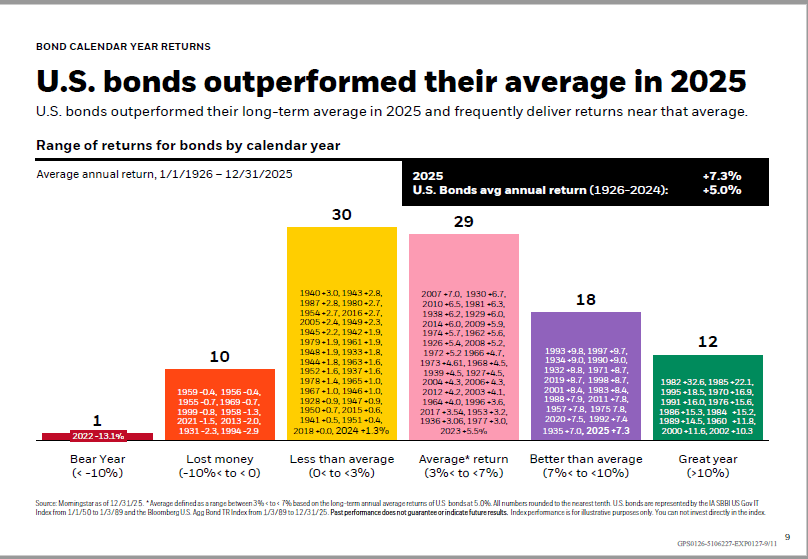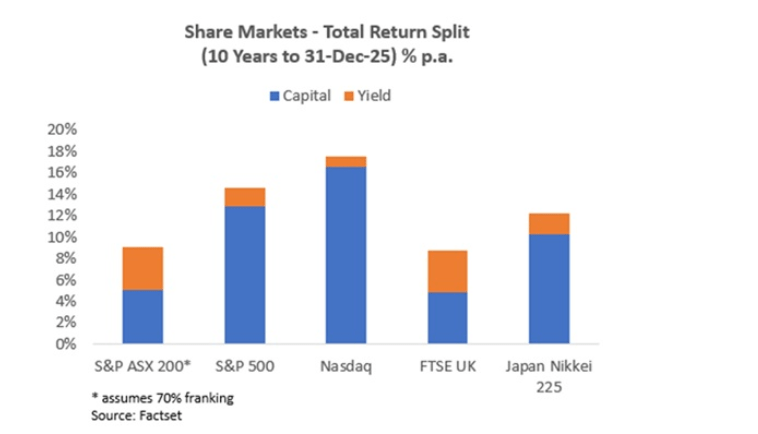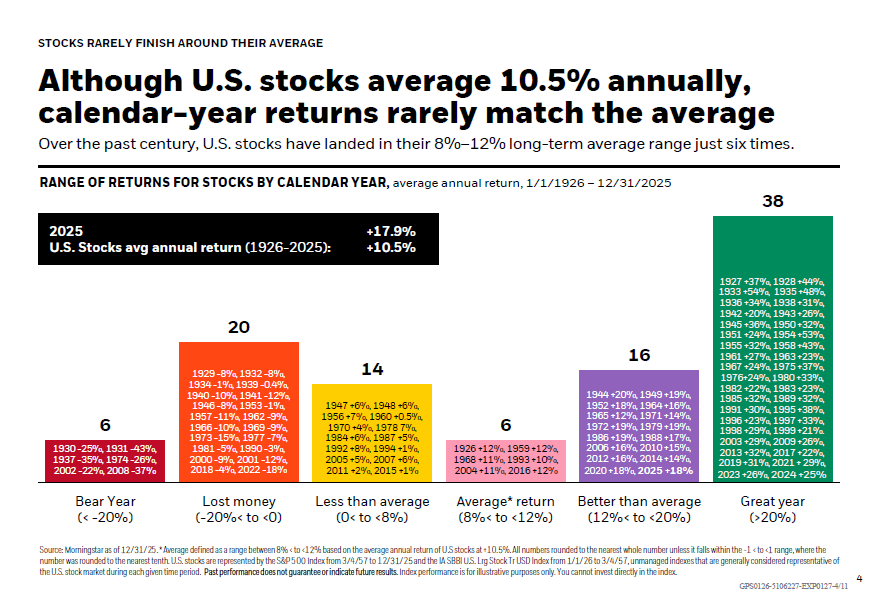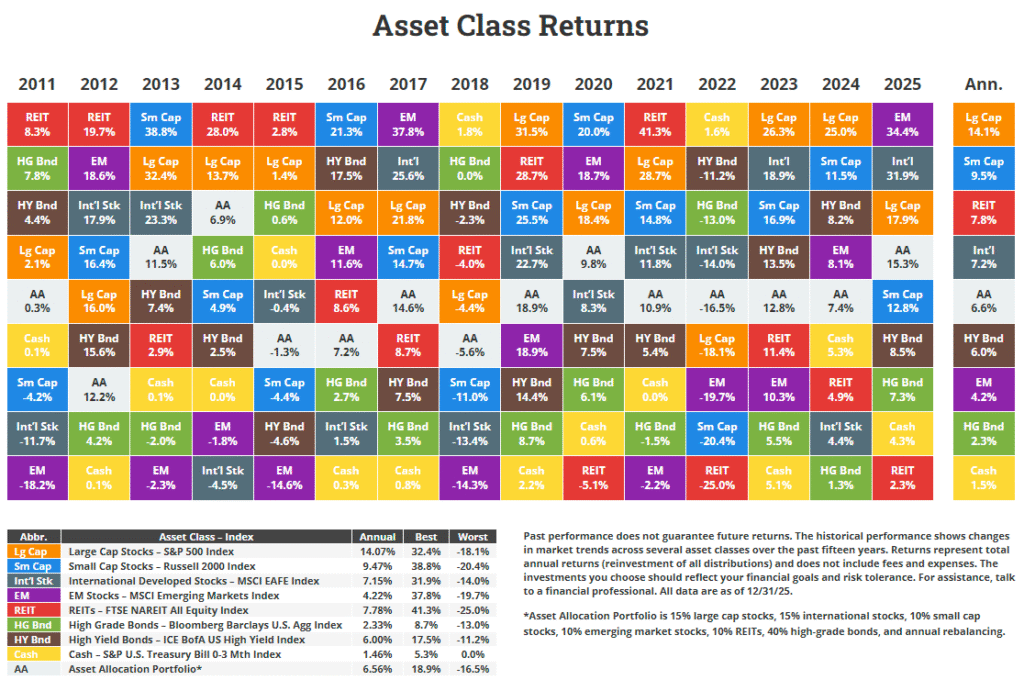Many investors limit themselves to large cap companies when investing in foreign stocks. This is because large multinational companies are usually well-known and information about them are easier to access. In addition large-cap stocks are well followed by the investment community and are usually listed in major exchanges. Since putting one’s money in companies of faraway countries involves high risk, sticking with large companies seem to be the wise choice. However in order to gain higher returns from investing in international stocks, it is wiser to go with small cap stocks as opposed to sticking with only large caps.
Unlike large cap companies, small companies are most likely to benefit from the growth in domestic economies and small firms generally tend to depend on local markets for their earnings.
A recent article in the Journal discussed the advantages of investing in foreign small caps. From the article:
Small adventures
Such an unorthodox approach can make sense for several reasons.
• First, small-caps provide true portfolio diversification. Small companies, no matter their location, typically operate exclusively in their home market. Consequently, these stocks offer a pure play on an economy—an Italian supermarket chain relies on Italian shoppers, for instance.
By contrast, large companies tend to compete with rivals across borders. South Korean phone giant Samsung, for example, battles Apple for customers world-wide. In a portfolio, such similar holdings can overlap and limit the benefits of diversification.
• Second, international small-cap funds have outperformed larger-cap peers, gaining 7.85% on average in the 10 years through June 2015, for example, versus a 5.22% annualized return for larger-cap international funds, according to S&P Dow Jones Indices.
• Third, international small-cap is among the few stock-fund categories where fund managers have posed a stronger challenge to ETFs and other indexed offerings. That is in part because foreign small-caps aren’t as well covered by analysts as their larger cousins, giving astute stock pickers a fighting chance to outperform.
About 44% of international small-cap fund managers beat their benchmark index over the decade through June 2015, compared with 18% of actively run larger-cap international funds, S&P Dow Jones Indices reports.
Source: The Case for Buying Small-Cap Foreign Stocks, WSJ, Feb 7, 2016
Sometimes simply going with large caps won’t give exposure to the country’s growth. For instance, many of the FTSE 100 in the UK derive most of their revenue from overseas instead of the domestic market. So investing in these firms or the FTSE 100 index via an ETF does not give exposure to small and medium British firms which tend to follow the domestic economy. So companies in the FTSE 250 index are better ways to invest in the UK.
There are also many disadvantages of investing in foreign small caps. Some the cons include:
- Information on many small cap overseas firms may be difficult to find online. Though they may have a website the information presented may not be thorough and detailed.
- Small caps are inherently more risky than large caps. During economic downturn they will fall harder due to their smaller size.
- Unlike large caps small caps may not pay a dividend or have a tiny payout as they are more focused on growth than rewarding shareholders.
Despite the problems with international small caps, they have many advantages and a small allocation to these stocks in a diversified portfolio can amplify returns in the long-return.
Four ETFs that give access to foreign small cap companies are listed below for consideration:
Vanguard FTSE All-World ex-US Small-Cap ETF (VSS)
SPDR S&P International Small Cap ETF (GWX)
iShares MSCI EAFE Small-Cap ETF (SCZ)
WisdomTree International Small Cap Dividend ETF (DLS)
Disclosure: No Positions



